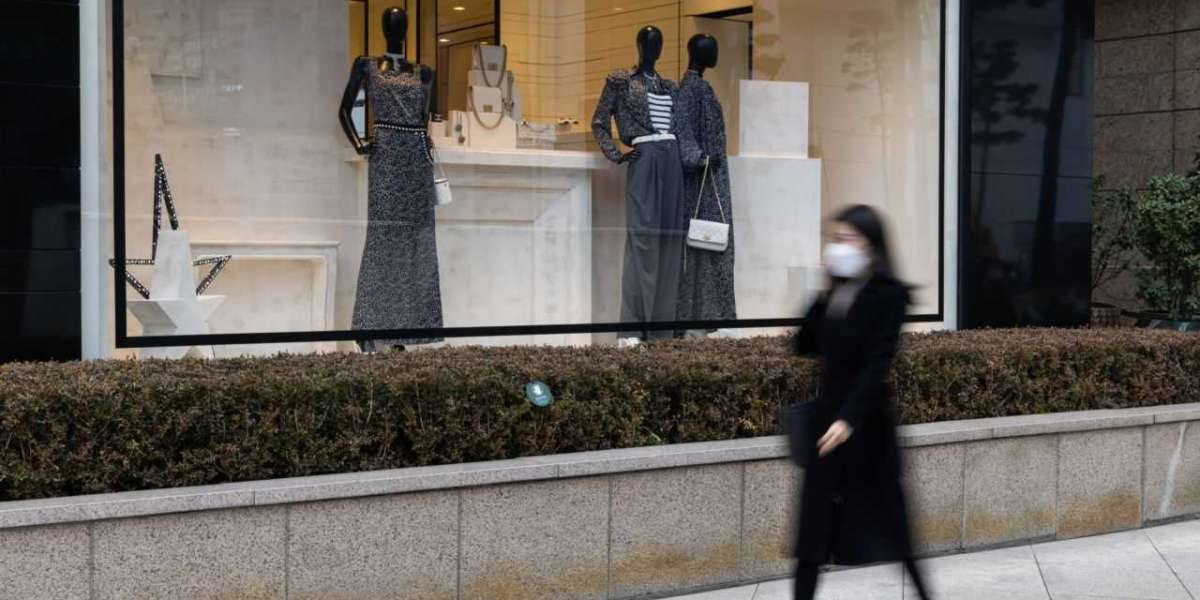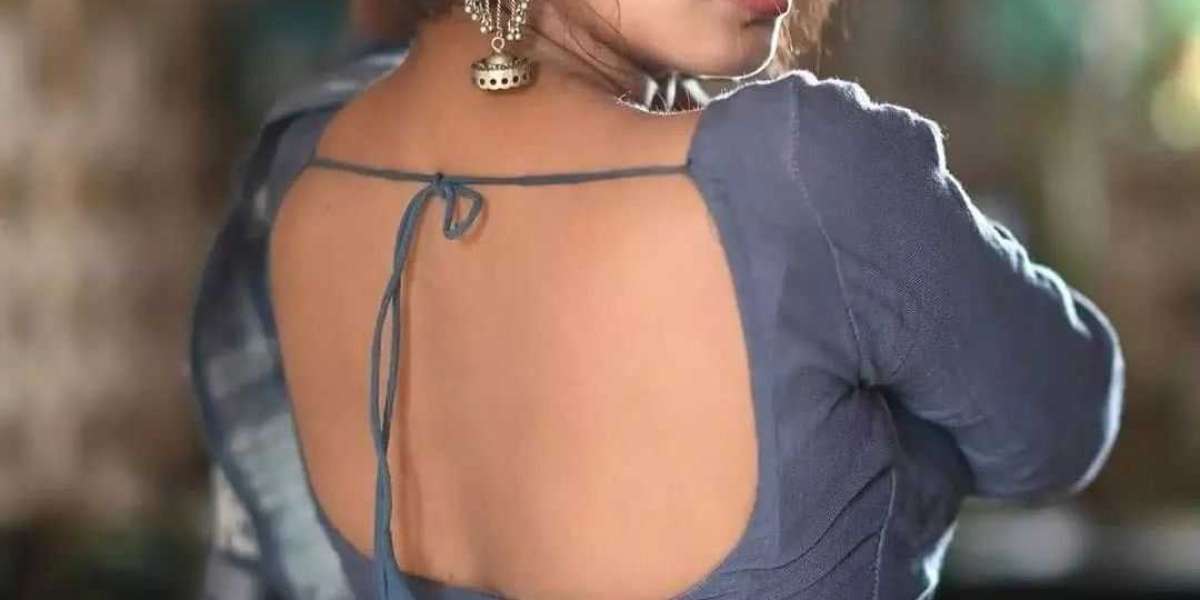Chanel, the French luxury brand, has opted to withdraw from duty-free shops in Busan and Jeju in late March, dealing another blow to local duty-free merchants who have already suffered the loss of Louis Vuitton and Rolex, among other brands.
Fashion house Chanel has notified merchants that it would close its boutiques at the Lotte duty-free store in Busan and the Shilla duty-free store in Jeju, which were the only two duty-free shops outside of Seoul that carried the brand.
With effect from January 1, Louis Vuitton will no longer operate its store in the Lotte duty-free shop in Jeju, and it plans to close all of its six downtown duty-free shops in Korea by March of the following year.
Rolex has closed seven out of ten of its stores in Korea late last year, leaving only three locations open: the Lotte duty-free shop in Seoul's World Tower, the Shilla duty-free shop in Jeju, and the Incheon International Airport.
Because of the epidemic, the duty-free business in Korea has seen a significant fall in revenues, prompting Chanel and Louis Vuitton to close their stores in the country. More than 90 percent of income now comes from Chinese resellers, known as daigong, compared to roughly 50 percent prior to COVID-19, according to the company.
TaoBao and other e-commerce platforms, as well as unofficial channels, are used by Daigong to resell luxury goods purchased in bulk from duty-free shops in Korea. This damages the brand image of high-end brands and makes it more difficult for them to control their product distribution and pricing policy.
Daigong is well-known for demanding enormous discounts, requesting repeated refunds, and even mixing in counterfeit products when reselling high-end luxury goods.
As a result of COVID-19's restrictions on international travel, the revenues of Lotte and Shilla duty-free outlets fell by 37.1 percent and 39.1 percent, respectively, in 2020 as compared to 2019.
Premium labels, such as Louis Vuitton, are attempting to refocus their efforts on department stores and airport duty-free shops, particularly those located in domestic aircraft terminals in China.
According to reports, Louis Vuitton aims to establish six additional airport duty-free stores by 2023, as well as a second branch at Hong Kong International Airport, in order to attract more Chinese customers.
Despite the fact that the pandemic has slowed duty-free sales, premium goods are performing even better than they were previously at department shops in the country.
Louis Vuitton Korea reported sales of more than 1 trillion won ($835 million) in 2020, representing a 33.4 percent increase over the previous year. According to estimates, sales of premium brands at local department shops increased by more than 50% last year when compared to the same period in 2020.
Additionally, because individuals were unable to travel overseas, they spent more money on shopping. In addition to this, the growing costs of luxury goods made them more appealing for resale, resulting in long lines of consumers attempting to get their hands on popular items at retail outlets.
Aside from that, as a result of a government regulation that allowed tax breaks for just $600 in duty-free purchases per person, certain extremely costly luxury products were sold at lower costs in department stores than they were in duty-free shops.



